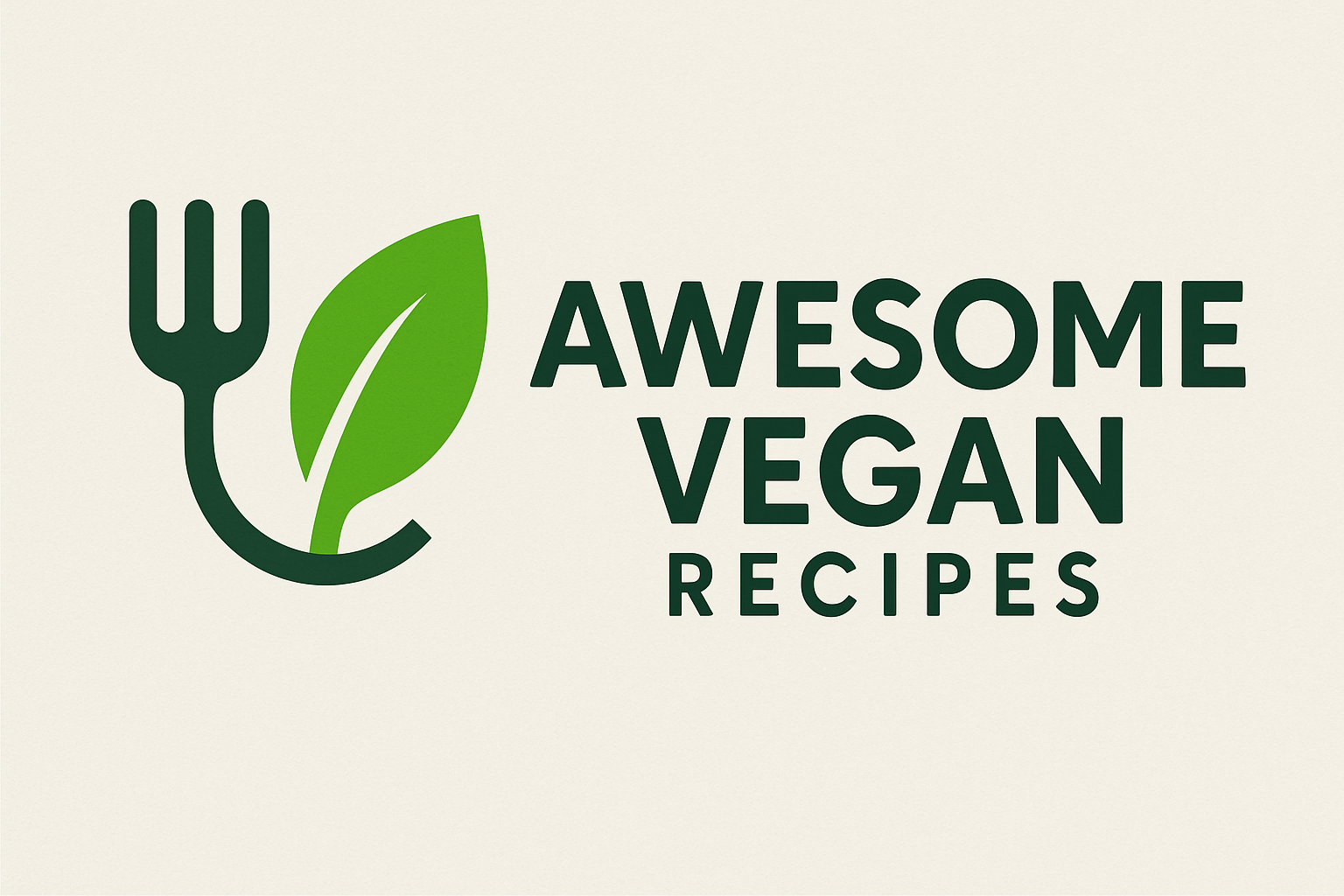Navigating the World of Vegan Supplements: A Beginner’s Guide
Navigating the World of Vegan Supplements: A Beginner’s Guide
Transitioning to a vegan diet and lifestyle can be a daunting task, especially when it comes to understanding the various supplements that may be necessary to ensure you are getting all the essential nutrients your body needs. While a well-planned vegan diet can provide all the nutrients you need, there are some key supplements that may be beneficial for vegans to consider. In this beginner’s guide, we will explore the world of vegan supplements, what they are, why they are important, and how to navigate the vast array of options available to you.
Understanding Veganism and Supplements
Veganism is a lifestyle that excludes the use of animal products for ethical, environmental, and health reasons. While a vegan diet can be incredibly nutritious and provide all the essential nutrients your body needs, there are some nutrients that are more challenging to obtain from plant-based sources alone. This is where supplements can play a vital role in ensuring your body is getting everything it needs to thrive.
Key Nutrients for Vegans
There are several key nutrients that vegans may need to pay extra attention to when it comes to their diet and supplementation. These include:
Vitamin B12: This essential vitamin is crucial for nerve function, red blood cell production, and DNA synthesis. B12 is primarily found in animal products, so vegans may need to supplement to ensure they are getting enough of this nutrient.
Omega-3 fatty acids: Omega-3 fatty acids are important for brain health, heart health, and reducing inflammation in the body. While they are commonly found in fatty fish, vegans can obtain these essential fats from sources like flaxseeds, chia seeds, and walnuts, or through algae-based supplements.
Vitamin D: Vitamin D is essential for bone health, immune function, and mood regulation. While the sun is a great natural source of vitamin D, many people, including vegans, may require supplementation, especially in climates with limited sunlight.
Iron: Iron is essential for oxygen transport in the blood and energy production in the body. While plant-based sources of iron are abundant, the type of iron found in plant foods (non-heme iron) is not as readily absorbed as heme iron found in animal products. Vegans may need to pay extra attention to their iron intake and consider supplementation if necessary.
Calcium: Calcium is important for bone health, muscle function, and nerve transmission. While many people associate calcium with dairy products, there are plenty of plant-based sources of this essential mineral, such as leafy greens, tofu, and fortified plant milks. However, some vegans may benefit from a calcium supplement to ensure they are meeting their daily needs.
Navigating the World of Vegan Supplements
When it comes to choosing vegan supplements, the options can be overwhelming. Here are some tips for navigating the world of vegan supplements:
1. Do Your Research: Before starting any new supplement regimen, it’s important to do your research and understand why you may need a particular supplement, what it does in the body, and what the recommended dosage is. Consulting with a healthcare provider or registered dietitian can also be helpful in determining which supplements are right for you.
2. Choose Quality Brands: Not all supplements are created equal, so it’s important to choose reputable brands that are third-party tested for quality and purity. Look for certifications like Non-GMO Project Verified, USDA Organic, and NSF International.
3. Look for Vegan Certification: While many supplements may be technically vegan, some may still contain animal-derived ingredients or be tested on animals. Look for products that are certified vegan by organizations like the Vegan Society or the Certified Vegan Logo.
4. Consider Whole Food Supplements: Instead of opting for synthetic supplements, consider whole food supplements that are made from real, plant-based ingredients. These supplements often contain a wider array of nutrients and are more easily absorbed by the body.
5. Start Slow: If you’re new to supplements, start slow and introduce one supplement at a time to see how your body reacts. It’s also important to pay attention to any potential interactions with medications or other supplements you may be taking.
Conclusion
Navigating the world of vegan supplements as a beginner can be a challenging but rewarding experience. By understanding the key nutrients that vegans may need to pay extra attention to, choosing quality supplements from reputable brands, and consulting with healthcare providers or registered dietitians, you can ensure you are meeting your body’s needs while following a compassionate and ethical vegan lifestyle. Remember, it’s always important to prioritize a well-rounded, plant-based diet first and foremost, and use supplements as a complementary tool to fill any nutrient gaps. With the right knowledge and guidance, you can navigate the world of vegan supplements with confidence and ease.






